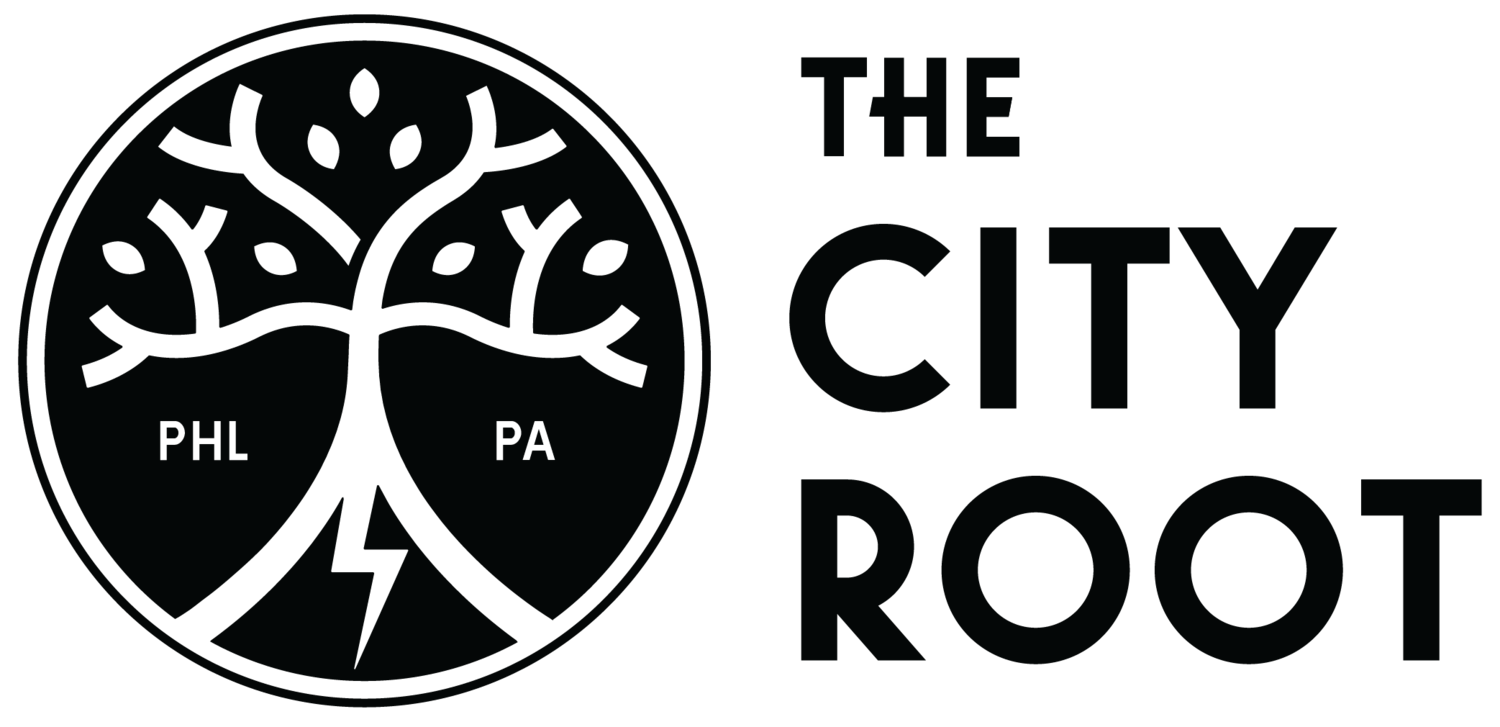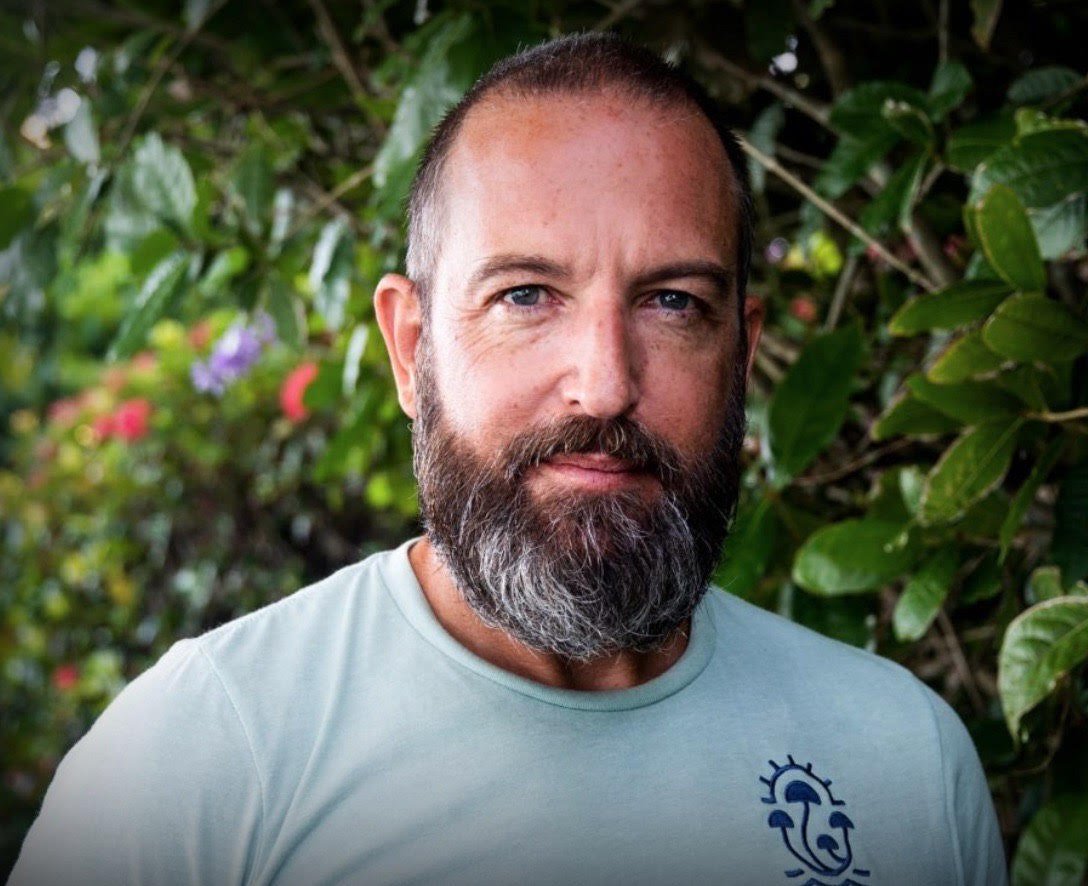Can Magic Mushrooms Combat Anxiety & Depression?
In case you missed it, shrooms (psilocybin mushrooms, if you’re fancy) are having a moment right now, appearing everywhere from clothes and ceramics to television shows and tchotchkes.
Editor’s note: Realizing I’ve never seen ‘tchotchkes’ written out before and it’s absurd and I love it.
They’re even popping up in therapy, thanks in part to a Journal of Psychopharmacology study that shows some promise in the benefits of using psilocybin to treat anxiety and depression, which has been increasingly prevalent in both youth and adults even before COVID-19.
In fact, according to Mental Health America:
The number of people screening with moderate to severe symptoms of depression and anxiety has continued to increase throughout 2020 and remains higher than rates prior to COVID-19.
More people are reporting frequent thoughts of suicide and self-harm than have ever been recorded in the MHA Screening program since its launch in 2014.
Young people are struggling most with their mental health.
Rates of suicidal ideation are highest among youth, especially LGBTQ+ youth.
People screening at risk for mental health conditions are struggling most with loneliness or isolation.
Due to the growing cases of anxiety, depression, and other forms of mental illness, there are currently clinical trials underway to explore whether psychedelic therapy—therapy involving drugs such as shrooms, LSD, MDMA—can help combat certain forms of mental disorders.
The Interview
But since I’ve never done shrooms—not even a micro dose of the sacred, magic fungi—I reached out to Justin Townsend, CEO and lead facilitator of MycoMeditations, a psilocybin wellness retreat that has three locations in Jamaica, for some insight.
Kelsey Cruz: First, tell me a little about MycoMeditations.
Justin Townsend: Fully staffed with retreat leaders, psychiatrists, therapists, nurses, and experienced facilitators, MycoMeditations is an evidence-based retreat for treating mental health conditions utilizing psilocybin-assisted therapy. We provide a therapeutic model with talk therapy—which is foundational to what we provide our guests—and ongoing integration and therapy as needed post-retreat. We also incorporate a lot of education on areas of neuroscience and psychology at MycoMeditations, including transpersonal and depth psychology and utilize a variety of therapeutic techniques for working with our guests.
Image courtesy of Healthline’s article here
Justin Townsend, CEO of MycoMeditations
KC: What are the benefits of psychedelic therapy?
JT: Psilocybin has amazing transdiagnostic advocacy, successfully and consistently treating depression, anxiety, PTSD, trauma, OCD, insomnia, addiction, migraine and cluster headaches, fibromyalgia, and more. While most pharmaceutical interventions for mental health primarily manage symptoms, psilocybin is effective for treating the root cause of the issues underlying the symptoms.
KC: Are there risks?
JT: Yes. But we do our very best to combat them by utilizing a very detailed personal medical history as part of the retreat application process, which is first reviewed by a mental health specialist before approval or denial of the application. We screen out any potential guests with a personal or familial history of bipolar disorder, schizophrenia, or psychosis because all of these conditions can be triggered by the use of psilocybin, causing a manic episode, for example.
KC: Why do you personally believe in this form of therapy?
JT: Historically, I have personally used psychedelics, especially psilocybin, to successfully treat and eradicate my own mental health issues, including depression and anxiety. MycoMeditations—which operates between three to five retreats per month—has worked with well over 1,000 guests since its inception. Each retreat provides us the privilege to witness our guests overcome and successfully treat seemingly intractable mental health issues where modern psychiatric and therapeutic treatments had failed.
KC: What happens after they leave the retreat? Have you ever followed up with any of your guests, comparable to a long-term case study?
JT: We survey and collect a significant amount of longitudinal data from our guests before, during, and after retreat to better understand mental health outcomes. The data collected includes rating scales for depression, anxiety, PTSD, etc., demonstrating the long-term efficacy of psilocybin-assisted therapy.
KC: And what have you discovered?
JT: Our guests span the full spectrum of mental health issues and the vast majority leave a MycoMeditations retreat ready to begin to thrive again for the first time in years. We work with many guests who have lived for decades with treatment-resistant depression and have spent years in talk therapy to no avail.
“The ability of psilocybin to reset the brain’s default mode network—or structure within the brain that scientists and researchers believe is where the sense of self or ego resides—and create conditions of cognitive and neural plasticity allows guests to uncover and process repressed emotional material in a cathartic manner, ultimately alleviating depression.”
KC: How accessible would this type of therapy be to those who suffer from mental illness, or is it way too new-agey and costly?
JT: There is some way to go yet before psychedelic therapy will be available from health insurance. Until then, we host between three to four retreats every month at one of our three locations in Jamaica. To ensure availability to as many people as possible, we have three price points, namely “Classic,” “Comfort,” and “Concierge” level. There is nothing new-agey about a MycoMeditations retreat. In fact, many of our guests tell us that they choose MycoMeditations because of our agnostic approach to working with psilocybin.
KC: If psychedelic therapy does work, what does that look like for the future of healthcare, the drug industry, and the addiction rates?
JT: The Western-developed world is experiencing an acute mental health crisis, and this has been further exacerbated by Covid. Modern psychiatry hasn’t really evolved in the last 30-40 years and has a limited set of tools with which to work. Psychedelic-assisted therapy will undoubtedly revolutionize mental health care and wellbeing and become a gold standard for the treatment of mental health.
KC: If psilocybin is safe, why is it illegal in the United States? (Psilocybin is listed in Schedule I of the Controlled Substances Act, making it illegal to cultivate or possess psilocybin-producing mushrooms for either personal consumption or distribution.)
JT: Psilocybin is a powerful substance and needs to be administered by experienced and trained professionals. However, the FDA has recently given psilocybin "breakthrough status" and it is likely to become rescheduled over the next few years and become more widely available for use via a prescription. And once it is rescheduled, MycoMeditations certainly has plans to operate a presence in the USA and Europe.
The Flip Side
Not everyone agrees in totality with Townsend, however, including iRecoveryUSA Chief Clinical Officer Dr. Jeffrey Hutman, who fears that providing drugs like MDMA or mushrooms to an individual with a history of drug abuse or genetic predisposition may increase the chances they’ll abuse again.
“As with other hallucinogens, there is risk associated with its [psilocybin] use and the potential for a ‘bad trip’ that could lead to what has been termed a ‘Hallucinogenic Persistent Perception Disorder’ or other ongoing unpleasant symptoms that may emerge after use,” explained Dr. Hutman. “While this is far less likely in a controlled clinical setting for the treatment of chronic depression, anxiety, or other mood disorders, studies are only beginning to emerge, and more research remains to be done.”
Rik Schnabel, brain untrainer and transformational coach, also believes the risks of psychedelic therapy far outweigh the rewards. In fact, as a therapist who has been treating people with anxiety, depression, and PTSD for the last 19 years, he thinks it’s downright dangerous, citing an example of one of his clients who had to be institutionalized after self-dosing and ingesting peyote cacti.
“Rational, intellectual and highly sane people come to me with some of the weirdest ideas about themselves and how the world works,” he said.
“Adding a hallucinogen is adding a whole new layer of complexity to the mix.”







